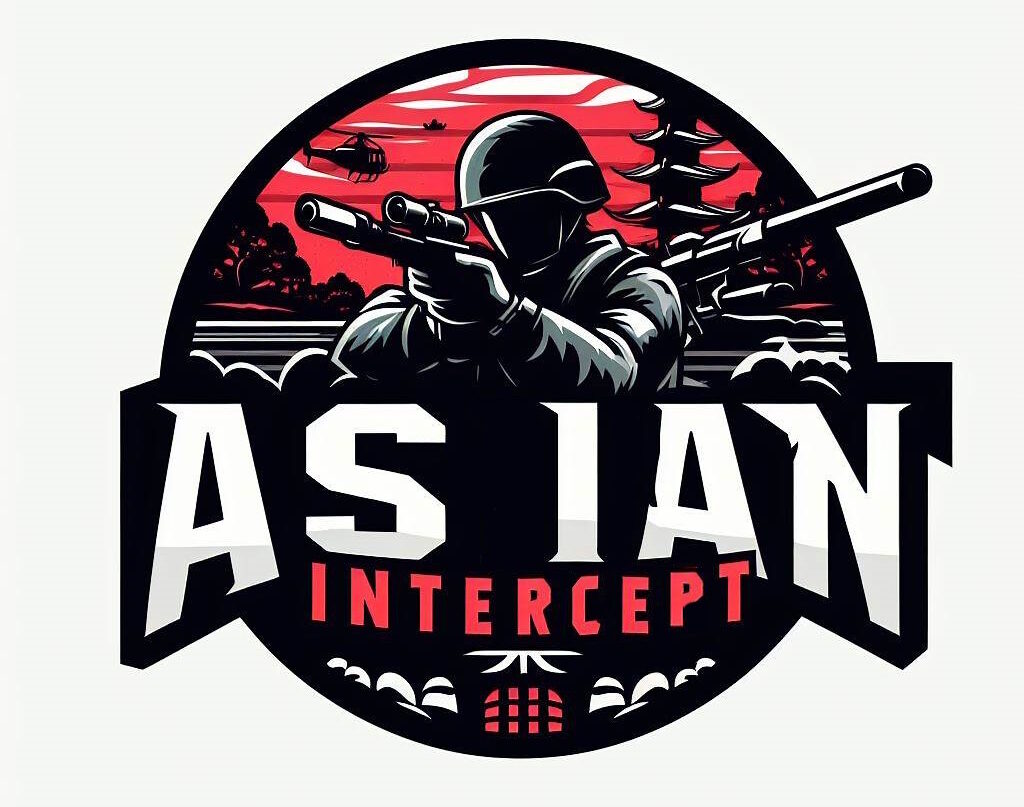SOURCE: ASIANINTERCEPT.COM

Based on data from the Stockholm International Peace Research Institute (SIPRI), here’s a breakdown of the largest providers of arms to Pakistan by value, from 2016 to 2022.
Overall, the data on arms transfers to Pakistan highlights the country’s significant investment in its military capabilities. Understanding the sources and types of weaponry acquired by Pakistan is essential for analyzing regional security dynamics and potential implications for international relations.
| Country | Percentage Share |
|---|---|
| China | 78% |
| United States | 4% |
| Turkey | 4% |
| Russia | 3% |
| Netherlands | 2% |
| France | 2% |
| Canada | 1% |
| Italy | 1% |
| Spain | 1% |
| Germany | 1% |
| United Kingdom | 1% |
| Others | 1.5% |
Key Takeaways:
- China is the dominant supplier of arms to Pakistan, accounting for a staggering 78% of all imports during the period.
- The United States, despite its strained relationship with Pakistan, still ranks as the second largest supplier, providing 4% of arms imports.
- Turkey and Russia follow closely with 4% and 3% market share, respectively.
- European countries, including Netherlands, France, and Italy, also contribute to Pakistan’s arms imports, although their shares are relatively minor.
- Canada, Spain, and Germany each provide 1% of Pakistan’s arms imports.
- Other countries not listed individually account for a combined 1.5% share of the market.
Possible Explanations for China’s Dominance:
- China’s close strategic partnership with Pakistan, dating back decades, has fostered strong military ties and collaboration.
- China offers a wide range of affordable and relatively advanced weapons systems that cater to Pakistan’s specific needs and budget constraints.
- Political and ideological motivations, particularly shared concerns about India, further strengthen the China-Pakistan arms trade relationship.
Future Trends:
- The China-Pakistan arms trade relationship is expected to remain strong in the foreseeable future.
- However, Pakistan may diversify its arms imports to reduce dependence on China and potentially gain access to more advanced technologies from other countries.
- The global geopolitical landscape and strategic dynamics will play a significant role in shaping Pakistan’s future arms procurement strategies.
